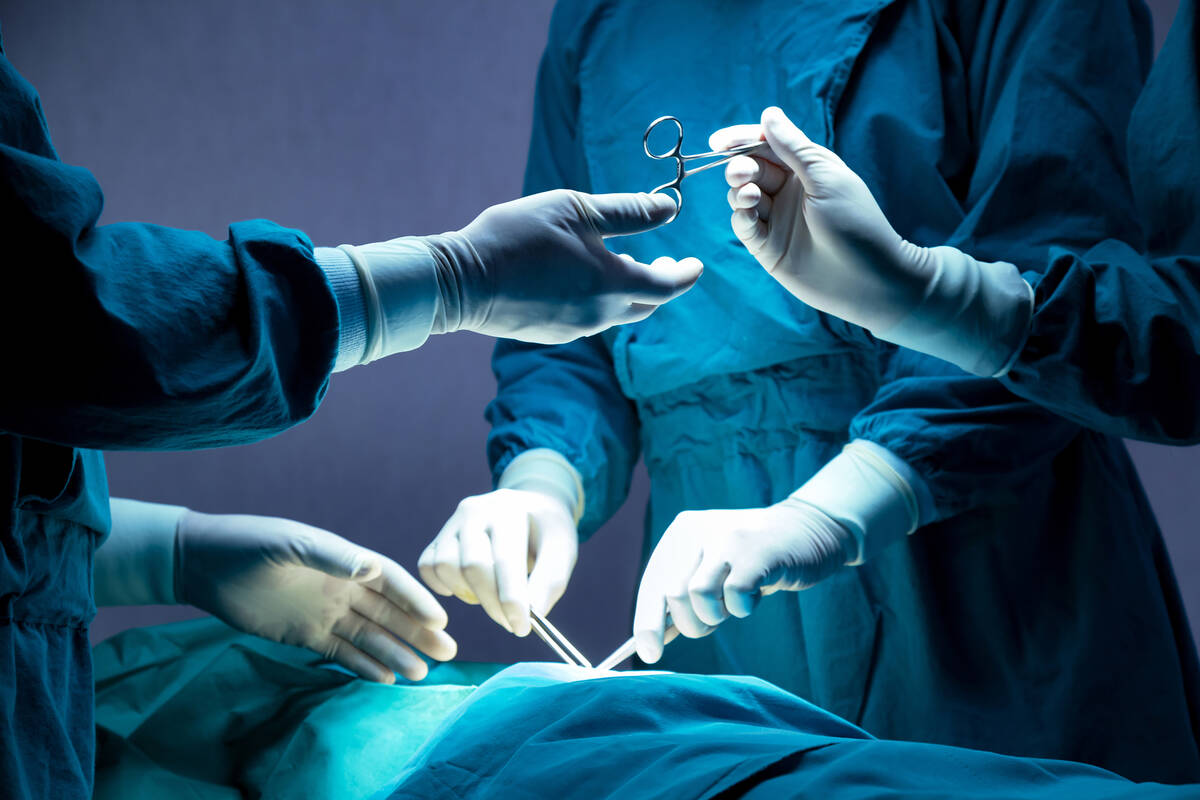Savvy Senior: What to know about donating your body to science
Dear Savvy Senior: I am interested in possibly donating my body to science when I pass away. What can you tell me about this, and what would I need to do to set it up? — Getting Old
Dear Getting Old: If you’re looking to help advance medical research and, in the process, eliminate your funeral and burial costs, donating your body to science is a great option to consider. Here’s what you should know.
Body donations
Each year, it’s estimated that approximately 20,000 Americans donate their whole body to medical facilities to be used in research projects, anatomy lessons and surgical practice.
After using your body, these facilities will provide free cremation and will either bury or scatter your ashes or return them to your family, usually within a year.
In case you’re wondering, your family cannot be paid for the use of your body. Federal and state laws prohibit it.
Here are a few other things you need to consider:
Donation denial: Most body donation programs will not accept bodies that are extremely obese or those that have infectious diseases such as hepatitis, tuberculosis, HIV/AIDS or MRSA. Bodies that suffered extensive trauma won’t be accepted, either.
Organ donation: Most medical school programs require that you donate your whole body. So, if you want to be an organ donor (with the exception of your eyes), you probably won’t qualify.
Religious considerations: Most major religions permit individuals to donate their full body or organs, and many even encourage it. If you are unsure, consult your pastor or spiritual adviser.
Special requests: Most programs will not allow you to donate your body for a specific purpose. You give them the body and they decide how to use it.
Memorial options: Most programs require prompt transport of the body after death, so there’s no funeral. But your family could hold a memorial service without the body.
Body transport: Most programs will cover transporting your body to their facility within a certain distance.
How to proceed
If you want to donate your body, it’s best to make arrangements in advance with a program in your area. Most programs are offered through university-affiliated medical schools. To find one near you, the University of Florida maintains a list of U.S. programs at Anatbd.acb.med.ufl.edu/usprograms.
In addition to the medical schools, there are also private organizations like Science Care (ScienceCare.com) and Anatomy Gifts Registry (AnatomyGifts.org) that accept whole body donations. Some of these organizations will even allow organ donation because they deal in body parts as well as whole cadavers.
Once you locate a program in your area, call and ask them to mail you an information/registration packet that will explain exactly how their program works.
To sign up, you’ll need to fill out a couple of forms and return them. But you can always change your mind by contacting the program and removing your name from its registration list. Some programs may ask that you make your withdrawal in writing.
After you’ve made arrangements, you’ll need to tell your family members so they will know what to do after your death. It’s also a good idea to tell your doctors, so they know your final wishes.
Send your senior questions to: Savvy Senior, P.O. Box 5443, Norman, OK 73070, or visit SavvySenior.org.


















